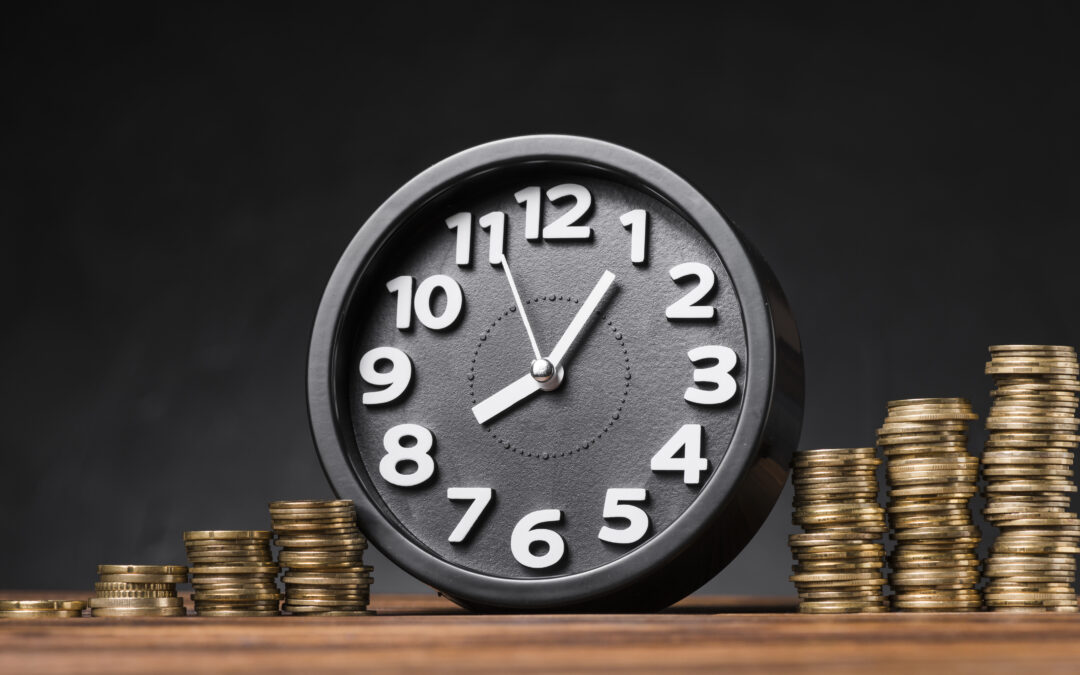It makes sense to obtain a fast loan that won’t need to be repaid until your next paycheck. How do payday loans operate, though? Are they the beginning of a spiral of exorbitant fees and interest payments?
Looking for an immediate fix can be tempting when you’re struggling financially. Payday loans appear straightforward, but they frequently have additional fees that can affect your finances this month more than you anticipated.
The Consumer Financial Protection Bureau (CFPB) reports that more than 80% of borrowers who take out payday loans must borrow money again within 14 days since nearly 25% of them default on loans. Keep reading to know more such facts!
What is a Payday Loan?
With a payday loan, a lender will issue high-interest credit based on your income for a brief period. Usually, a portion of your next paycheck serves as its principal. High-interest rates are charged on payday loans for short-term, instant credit. Additionally, they are known as check advance loans or cash advance loans.
Key Takeaways
- Payday loans are readily available to consumers and have very high-interest rates.
- When applying for a payday loan, you must provide a pay stub because payday loans are typically based on your income.
- Not all states permit the use of payday loans. Payday loans of any form are prohibited in 16 states, plus the District of Columbia: Arizona, Arkansas, Colorado, Connecticut, Georgia, Maryland, Massachusetts, Montana, New Hampshire, New Jersey, New York, North Carolina, Pennsylvania, South Dakota, Vermont, and West Virginia.
- Over the years, several laws have been implemented to control the high fees and interest rates associated with payday loans.
Use of Payday Loan
Payday loans are a sort of unsecured personal loan since they have high-interest rates and no need for collateral. These loans might be regarded as predatory because they have exorbitant interest rates, don’t take a borrower’s capacity to pay back into the account, and have unstated terms that charge borrowers added fees.
Therefore, they may put consumers in a debt trap. If you’re considering a payday loan, you might want to start by considering safer personal loan options.
How Do Payday Loans Function?
Pay stubs from your company will typically be required as proof of income by payday loan companies. Following that, they will lend you a portion of the cash you will be paid. The loan must be repaid quickly, usually in 30 days or less.
Because they don’t verify your ability to repay the loan, payday lenders assume a great deal of risk. As a result, they frequently charge very high-interest rates for payda

